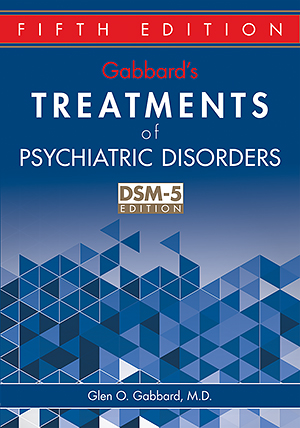Chapter 53.Club Drug Addiction
Sections
Excerpt
Club drugs are licit and illicit drugs from different classes used primarily by young adults in bars, clubs, concerts, and dance parties or “raves.” The National Institute on Drug Abuse (NIDA) has identified six substances as club drugs: ketamine, methylenedioxymethamphetamine (MDMA), methamphetamine, gamma-hydroxybutyrate (GHB), flunitrazepam, and lysergic acid diethylamide (LSD). Other drugs used in the club drug scene include phencyclidine (PCP), prescription opioids and benzodiazepines, and such over-the-counter drugs as dextromethorphan and pseudoephedrine (Weaver 2012a) (see Table 8-). There is wide geographic variation in popularity of different club drugs, and the scene changes rapidly. Club drugs are used because of the perception that they enhance the sensory experience at dance parties where strobe lights, glow sticks, and “techno” music (i.e., wordless music with a driving beat) are part of the overall event (Weaver and Schnoll 2008).
Access content
To read the fulltext, please use one of the options below to sign in or purchase access.- Personal login
- Institutional Login
- Sign in via OpenAthens
- Register for access
-
Please login/register if you wish to pair your device and check access availability.
Not a subscriber?
PsychiatryOnline subscription options offer access to the DSM-5 library, books, journals, CME, and patient resources. This all-in-one virtual library provides psychiatrists and mental health professionals with key resources for diagnosis, treatment, research, and professional development.
Need more help? PsychiatryOnline Customer Service may be reached by emailing [email protected] or by calling 800-368-5777 (in the U.S.) or 703-907-7322 (outside the U.S.).



